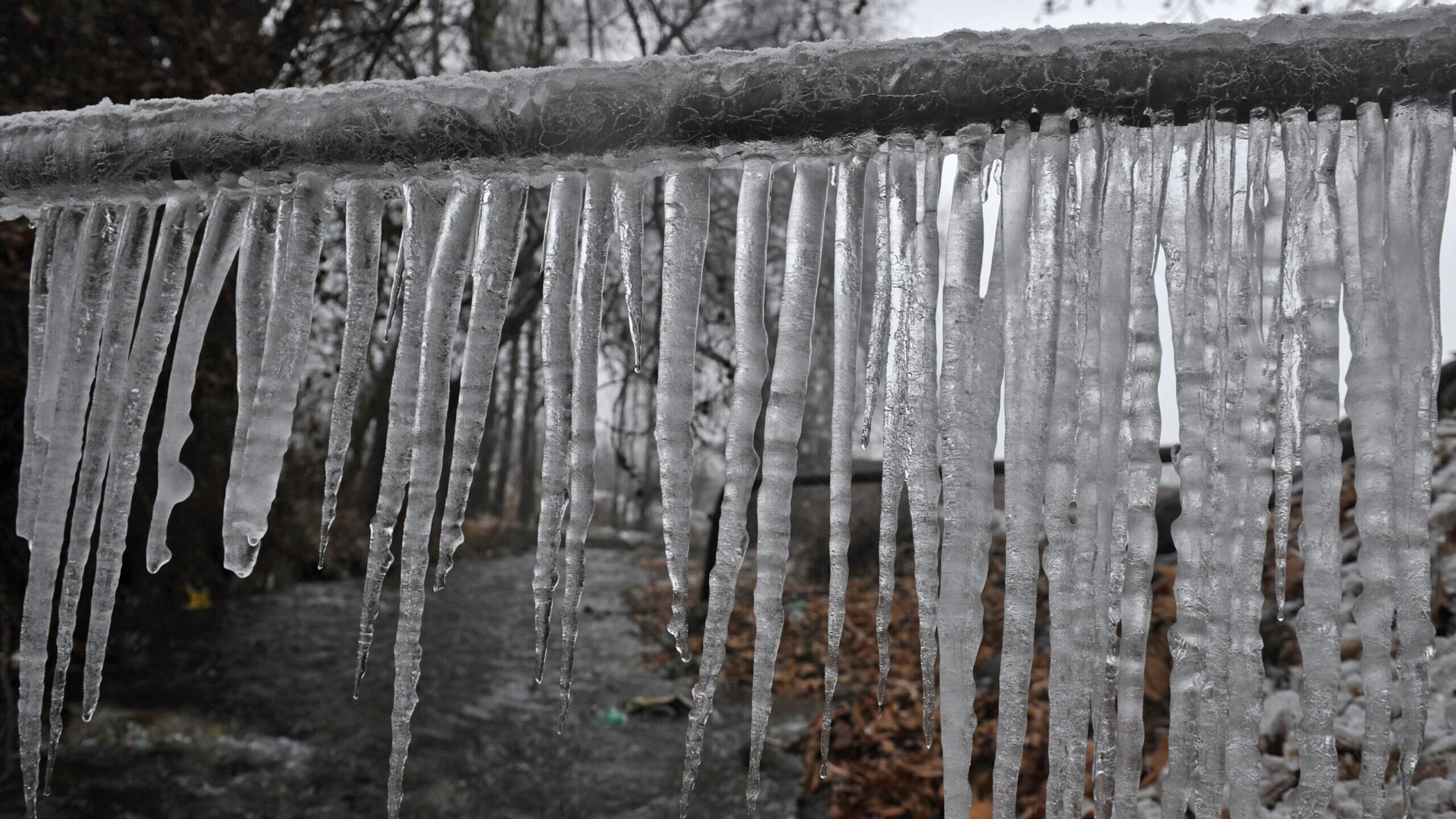How do you really feel with regards to Winter Plumbing Precautions: Preventing Frozen Pipes?

Winter can ruin your pipes, particularly by freezing pipes. Right here's exactly how to stop it from occurring and what to do if it does.
Intro
As temperatures decrease, the threat of frozen pipelines rises, potentially causing costly repair work and water damages. Understanding how to avoid icy pipelines is essential for house owners in cool climates.
Avoidance Tips
Insulating susceptible pipelines
Wrap pipelines in insulation sleeves or utilize warmth tape to protect them from freezing temperatures. Focus on pipes in unheated or outside locations of the home.
Home heating strategies
Keep interior areas adequately warmed, specifically areas with plumbing. Open up closet doors to permit cozy air to circulate around pipes under sinks.
How to determine frozen pipes
Search for reduced water flow from faucets, unusual odors or noises from pipelines, and noticeable frost on revealed pipelines.
Long-Term Solutions
Architectural modifications
Think about rerouting pipes away from outside wall surfaces or unheated areas. Add added insulation to attic rooms, basements, and crawl spaces.
Upgrading insulation
Buy high-grade insulation for pipelines, attics, and wall surfaces. Appropriate insulation helps keep constant temperatures and minimizes the risk of icy pipes.
Shielding Outside Pipes
Yard hose pipes and outside taps
Disconnect and drain yard tubes prior to winter season. Set up frost-proof faucets or cover exterior taps with insulated caps.
Understanding Frozen Pipes
What triggers pipelines to ice up?
Pipelines ice up when subjected to temperature levels below 32 ° F (0 ° C) for expanded periods. As water inside the pipes freezes, it expands, taxing the pipeline wall surfaces and potentially creating them to rupture.
Dangers and damages
Icy pipelines can lead to water supply disruptions, residential property damages, and costly fixings. Burst pipelines can flooding homes and create comprehensive architectural damage.
Signs of Frozen Pipeline
Determining icy pipes early can avoid them from rupturing.
What to Do If Your Pipes Freeze
Immediate actions to take
If you suspect frozen pipelines, maintain faucets open to ease pressure as the ice thaws. Make use of a hairdryer or towels taken in hot water to thaw pipelines gradually.
Final thought
Avoiding icy pipes requires aggressive procedures and quick feedbacks. By understanding the reasons, signs, and safety nets, home owners can safeguard their plumbing throughout winter.
Helpful Tips to Prevent Frozen Pipes this Winter
UNDERSTANDING THE BASICS: WHY PIPES FREEZE AND WHY IT’S A PROBLEM
Water freezing inside pipes is common during the winter months, but understanding why pipes freeze, and the potential problems it can cause is crucial in preventing such incidents. This section will delve into the basics of why pipes freeze and the associated problems that may arise.
THE SCIENCE BEHIND FROZEN PIPES
When water reaches freezing temperatures, it undergoes a physical transformation and solidifies into ice. This expansion of water as it freezes is the primary reason pipes can burst. As the water inside the pipe freezes, it expands, creating immense pressure on the walls. If the pressure becomes too great, the pipe can crack or rupture, leading to leaks and water damage.
FACTORS THAT CONTRIBUTE TO PIPE FREEZING
Low Temperatures: Extremely cold weather, especially below freezing, increases the risk of pipes freezing. Uninsulated or Poorly Insulated Pipes: Pipes located in unheated areas, such as basements, crawl spaces, or attics, are more prone to freezing. Insufficient insulation or lack of insulation altogether exacerbates the problem. Exterior Wall Exposure: Pipes running along exterior walls are susceptible to freezing as they encounter colder temperatures outside. Lack of Heating or Temperature Regulation: Inadequate heating or inconsistent temperature control in your home can contribute to frozen pipes. PROBLEMS CAUSED BY FROZEN PIPES
- Pipe Bursting: As mentioned earlier, the expansion of water as it freezes can cause pipes to burst, resulting in significant water damage.
- Water Damage: When pipes burst, it can lead to flooding and water damage to your property, including walls, ceilings, flooring, and personal belongings.
- Structural Damage: Prolonged exposure to water from burst pipes can compromise the structural integrity of your home, leading to costly repairs.
- Mold and Mildew Growth: Excess moisture from water damage can create a favorable environment for mold and mildew growth, posing health risks to occupants.
- Disrupted Water Supply: Frozen pipes can also result in a complete or partial loss of water supply until the issue is resolved.
WHY CERTAIN PIPES ARE MORE PRONE TO FREEZING
- Location: Pipes located in unheated or poorly insulated areas, such as basements, crawl spaces, attics, or exterior walls, are at higher risk of freezing.
- Exterior Pipes: Outdoor pipes, such as those used for irrigation or exposed plumbing, are particularly vulnerable to freezing as they are directly exposed to the elements.
- Supply Lines: Pipes that carry water from the main water supply into your home, including the main water line, are critical to protect as freezing in these lines can affect your entire plumbing system.
- Underground Pipes: Pipes buried underground, such as those connected to sprinkler systems or outdoor faucets, can be susceptible to freezing if not properly insulated.
https://busybusy.com/blog/helpful-tips-to-prevent-frozen-pipes-this-winter/
:strip_icc()/snow-outdoor-faucet-pipes-4af65d1e5e904fb1aa7bf74071fe5d89.jpg)
I discovered that blog entry on Winter Plumbing Precautions: Preventing Frozen Pipes while scouting around the internet. If you enjoyed our article kindly make sure you remember to share it. We enjoy your readership.
Book Today